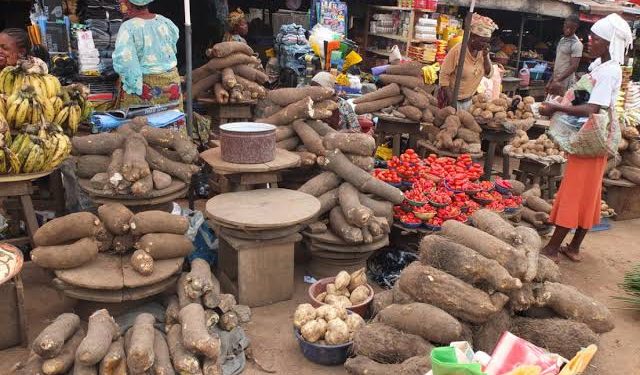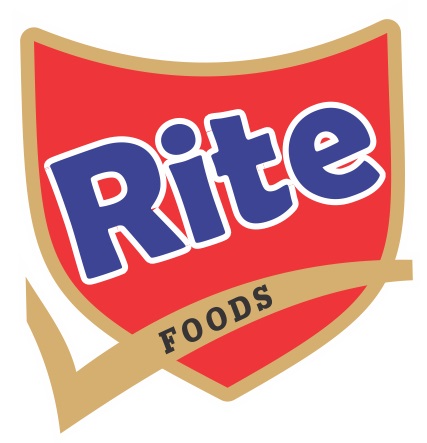As Muslims across Nigeria prepare to mark Eid-el-Kabir, many are grappling with skyrocketing prices of food, livestock, and transportation, forcing households to scale back their celebrations.
In Ibadan, Oyo State, the usually festive mood has been clouded by economic hardship. At Bodija Market, sellers and buyers shared their frustrations as many families rushed to make last-minute purchases under tight budgets. A ram seller lamented the poor patronage this year, stating that many buyers could no longer afford the symbolic animal for sacrifice. “My stall is usually busy at this time, but this year is different. Many can’t afford to buy even one ram,” he said.
Khadija, a mother shopping for the celebration, said months of savings were no longer enough. “I have kids looking forward to Eid-el-Kabir, but I’m concerned about letting them down. We’ll make do with what we can,” she said.
In Lagos, the story is the same, if not worse. Markets such as Oyingbo, Mile 12, Mushin, and Ajah have witnessed sharp increases in the prices of staple food items. At Oyingbo, a bag of Scotch Bonnet pepper (Ata Rodo) now sells for between N2,000 and N8,000 depending on quantity, up from N200 to N500 just a month ago. A full bag is now N200,000, a significant jump from the N110,000 it sold for previously.
The price of bell peppers (tatashe) rose from N130,000 to N200,000 per bag in the past week, while chilli pepper (shombo) also reached N200,000 from N120,000. A basket of tomatoes now sells for N220,000, up from N160,000 last week.
A pepper trader in Sabo Market linked the surge to Hausa traders returning to the North ahead of Sallah. “The changes started on Monday. Sales have dropped because people can’t afford these prices. Last year was hard, but this year is worse,” he said. Some customers, he added, now opt for dried pepper as a cheaper alternative.
Data gathered across markets in Mile 12, Oyingbo, Mushin, Lagos Island, Ajah, and Epe show food prices have surged by nearly 300 percent in some cases over the past year. A trader at Mile 2 reported that a basket of tomatoes now sells for between N200,000 and N220,000 depending on location—far above the N145,000 to N160,000 price range in 2024. Smaller portions in areas like Ajah and Epe cost between N8,000 and N16,000.
While onions are slightly more affordable, prices are still significantly higher than last year. A 100kg basket of onions now goes for N100,000, compared to N70,000 in 2024. Rice prices have also spiked, with a 50kg bag now costing between N50,000 and N65,000, depending on the brand and quality.
This year’s Eid-el-Kabir highlights the broader struggle many Nigerians face in celebrating religious traditions under growing economic pressure. As prices rise and purchasing power declines, the reality for many is a subdued festival marked by financial compromise.










